India Hot Topics
What Makes Centre-State Relations Different In National Capital?

The Bharatiya Janata Party (BJP) on Monday said that the Centre’s decision to step in and help Delhi government combat the spiraling cases of Covid-19 infection in the national capital is a cooperative exercise rather than one where it has wrested control from the state.
The party’s response has also been in sharp contrast to the political wrangling that erupted in the Opposition-ruled states of West Bengal and Maharashtra over their handling of the pandemic.
A senior party functionary said the two governments are working together to address the situation instead of “trading blame”.
According to party functionaries, Delhi’s deputy chief minister Manish Sisodia’s statement made a week ago where he said that Covid-19 cases in the city are likely to reach 5.5 lakh by the end of July became the trigger for the central government to step in and steer the state’s response.
“Sisodia’s statement was an indication that the Aam Aadmi Party (AAP) government seemed to have loosened its grip on the situation. When the home minister (Amit Shah) decided to help the state; it was a move where the center stepped in without over-stepping,” said a second person aware of the details.
Since Sunday, Shah has held several rounds of meetings and even inspected a government-run hospital.
The bitterness that erupted between the Centre and the governments of West Bengal and Maharashtra when inter-ministerial central teams were deputed to spot assessment of the situation has been largely missing this time.
Within hours of the team being announced, West Bengal Chief Minister Mamata Banerjee had questioned the Centre’s move. She also targeted Shah, claiming letters meant for the state government was released to the media before they reached the CMO (chief Minister’s Office).
In Maharashtra, the ruling Shiv Sena, Congress, and NCP combine has also blamed the BJP for politicizing the issue. NCP’s Jayant Patil said if the BJP blames the Maharashtra government for the spread of the virus in the state, should the Centre be blamed for the failure to check the spread of Covid-19 in the country.
In contrast, following meetings with Shah, Delhi CM Arvind Kejriwal tweeted, “Extremely productive meeting between Del govt and Central govt. Many key decisions taken. We will fight against corona together.”
Even as BJP state unit in Delhi has trained its guns on the Arvind Kejriwal government for not ramping up testing facilities and medical care infrastructure, the leadership has shown more restrain.
On Monday, Shah, held another round of meetings, including one with all political party where the representatives reiterated the need to keep political differences aside to fight the pandemic.
So what led the BJP to soften its stand against a political rival? “We have been demanding answers from the AAP government about the spending on medical infrastructure but there has been no response. We opposed the decision of not admitting people from outside Delhi to hospitals here; a decision that was reversed by the LG. It is not that the BJP has abdicated its duties as a responsible Opposition, but the challenge is such that we need to join forces to save lives,” said a Delhi state functionary.
Commenting on the process of the political adversaries sitting across the table in Delhi to find a solution, Ajay Gudavarthy, professor of political science at Jawaharlal Nehru University said, “Modi-Shah working modality is geared towards election management. Bengal is due for election while in Delhi it’s over. We saw similar animosity towards Kejriwal before elections in Delhi. They also wish to create a perception that Mamta is aggressive and cannot work with the center and in the process, Bengal is losing out.”
News Source: HIndustanTimes
Also Read: Actor Sushant Singh Rajput Committed Suicide At His Home In Bandra
Movie
The Madras High Court has granted early screenings of Vijay’s Leo movie from 7 AM, requesting the TN government to resolve any issues.
Madras High Court Grants Early Screenings of Vijay’s “Leo” Movie at 7 AM, Urges TN Government to Address Concerns
The Madras High Court has made a landmark decision in favor of the much-anticipated Tamil film “Leo,” starring actor Vijay. In a significant move, the court has granted permission for early screenings of the movie from 7 AM, urging the Tamil Nadu government to swiftly address any issues and facilitate the smooth release of the film. This decision marks a pivotal moment in the realm of Tamil cinema and the entertainment industry at large.
Historical Context:
The Indian film industry, particularly the Tamil film industry, has seen its share of controversies and challenges related to film releases. Issues such as censorship, political disputes, and public sentiment have often played a significant role in shaping the release schedules and screening times for films. Vijay, one of Tamil cinema’s most prominent actors, has been at the center of such controversies in the past. This decision by the Madras High Court is, therefore, particularly noteworthy.
The Ruling:
The Madras High Court’s decision to permit early screenings of “Leo” comes as a response to a plea filed by the film’s producers. The court, while considering the plea, took into account various factors, including the film’s anticipated popularity and the prevailing circumstances. The court emphasized the importance of accommodating the audience’s interests and allowing them to enjoy the film without disruptions.
A Step Towards Normalization:
The court’s decision signifies a positive shift in the film industry, where release dates and screening times are often mired in controversy. By allowing screenings to commence at 7 AM, the court aims to reduce the chances of public unrest and congestion near theaters, especially in the wake of high-profile film releases.
The Role of the Tamil Nadu Government:
The Madras High Court, in its ruling, also called upon the Tamil Nadu government to cooperate in ensuring a seamless release for the film. This cooperation extends to providing necessary security measures to maintain law and order around theaters during the early screenings.
Implications for the Entertainment Industry:
The decision is expected to set a precedent for the release of other highly anticipated films, not just in Tamil cinema but also in the broader Indian film industry. The court’s emphasis on the importance of accommodating the audience’s interests could lead to more flexible screening times for movies in the future.
The Audience’s Perspective:
For moviegoers and fans of Vijay, this decision comes as a welcome relief. They can now look forward to enjoying the film without any undue delays or disruptions, ensuring a memorable cinematic experience.
In conclusion, the Madras High Court’s ruling to allow early screenings of Vijay’s “Leo” at 7 AM while urging the Tamil Nadu government to resolve any issues paves the way for a more audience-centric approach in the film industry. It is a landmark decision that highlights the importance of balancing the interests of filmmakers and the movie-loving public. This judgment is poised to make a positive impact on the release of future films, ushering in a new era of flexibility and convenience for cinema enthusiasts.
Group Media Publications
Entertainment News Platforms – anyflix.in
Construction Infrastructure and Mining News Platform – https://cimreviews.com/
General News Platform – https://ihtlive.com/
Podcast Platforms – https://anyfm.in
-
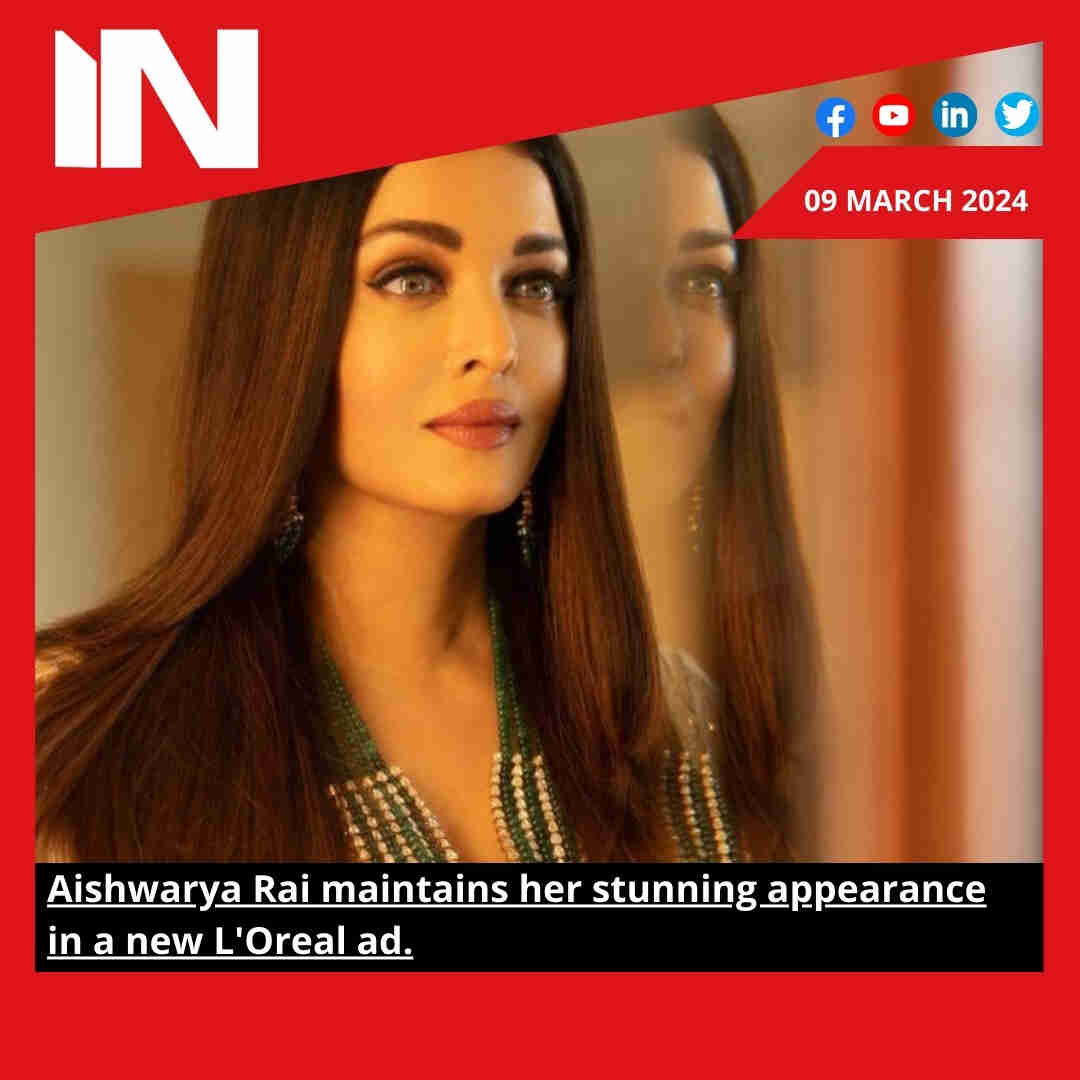
 Bollywood1 month ago
Bollywood1 month agoAishwarya Rai maintains her stunning appearance in a new L’Oreal ad.
-

 health and remedies1 month ago
health and remedies1 month agoThe article discusses the potential health risks associated with swallowing dry ice
-
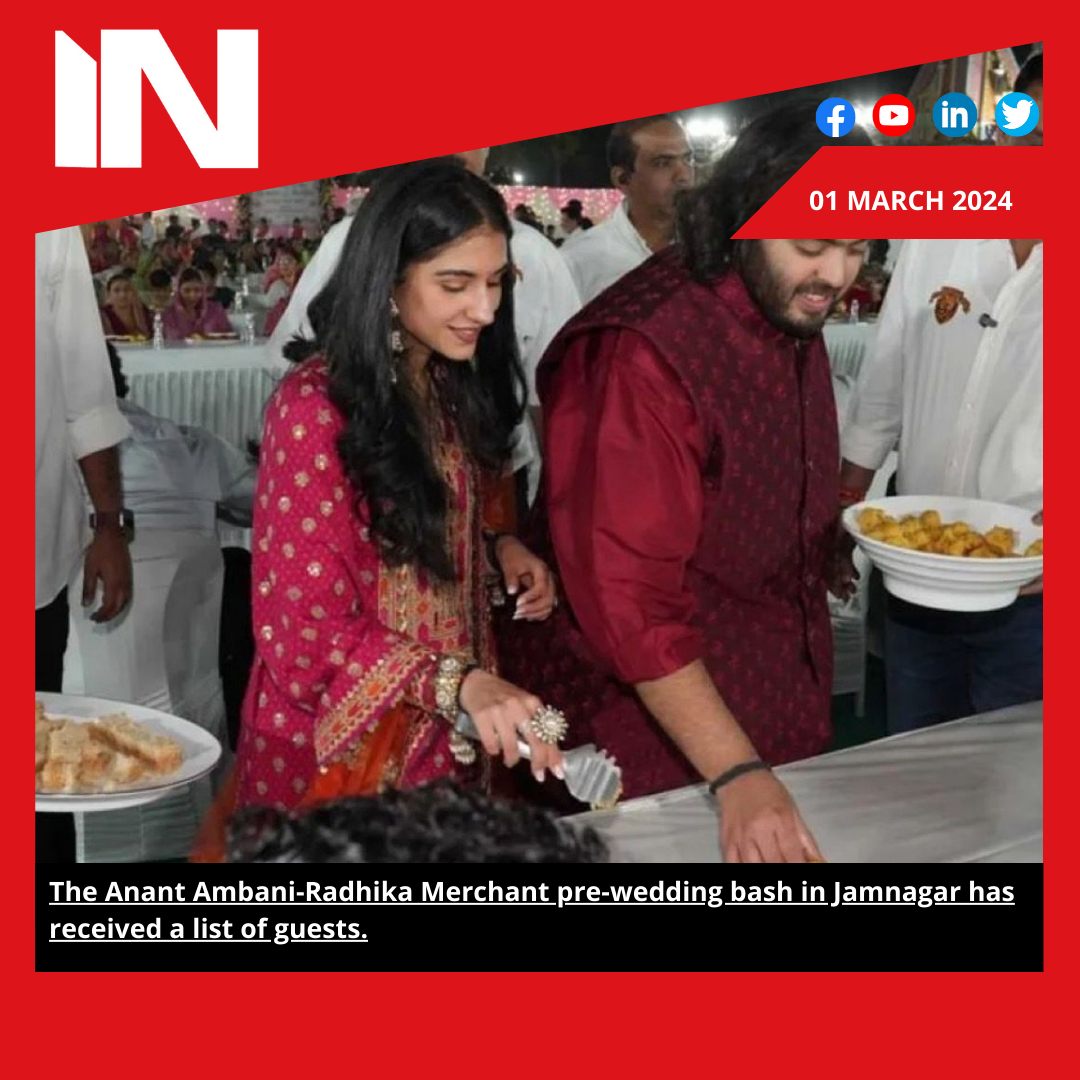
 Entertainment2 months ago
Entertainment2 months agoThe Anant Ambani-Radhika Merchant pre-wedding bash in Jamnagar has received a list of guests.
-
.jpg)
.jpg) Music4 weeks ago
Music4 weeks agoSidhu Moosewala’s father and baby brother feature on Times Square billboard; fans react. Watch
-
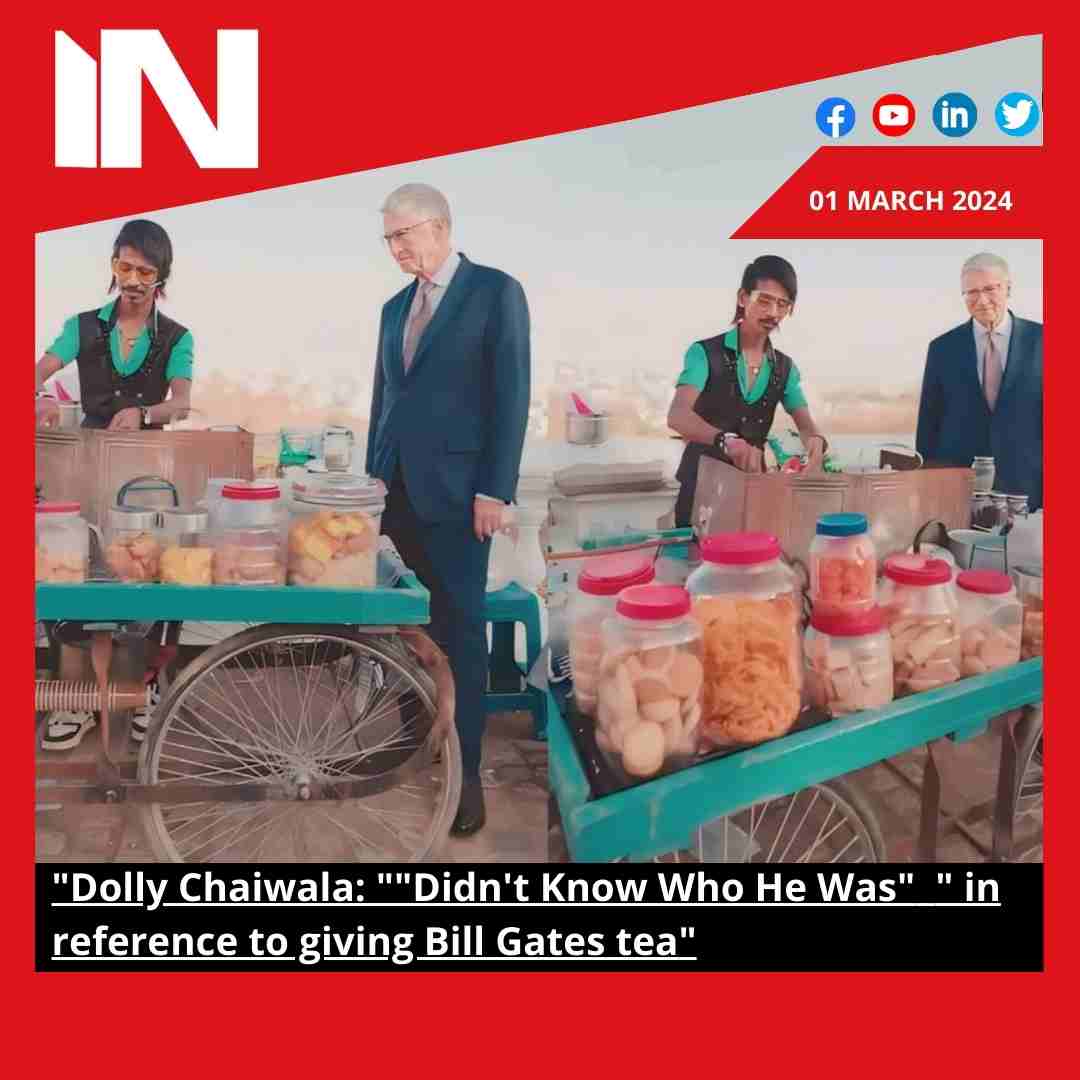
 Trending2 months ago
Trending2 months agoDolly Chaiwala: “Didn’t Know Who He Was” in reference to giving Bill Gates tea
-

 Trending2 months ago
Trending2 months agoOppo Reno 12 Pro Key Features Leak Online: Expected to Receive a 1.5K Display with a Density 9200+ SoC
-

 Bollywood1 month ago
Bollywood1 month agoFor this explosive advertisement, Aamir Khan and Darsheel Safary reconnect 16 years after Taare Zameen Par
-
.jpg)
.jpg) Hollywood1 month ago
Hollywood1 month agoOri, Gal Gadot’s fourth daughter, is welcomed into the world. “Being pregnant wasn’t easy,”
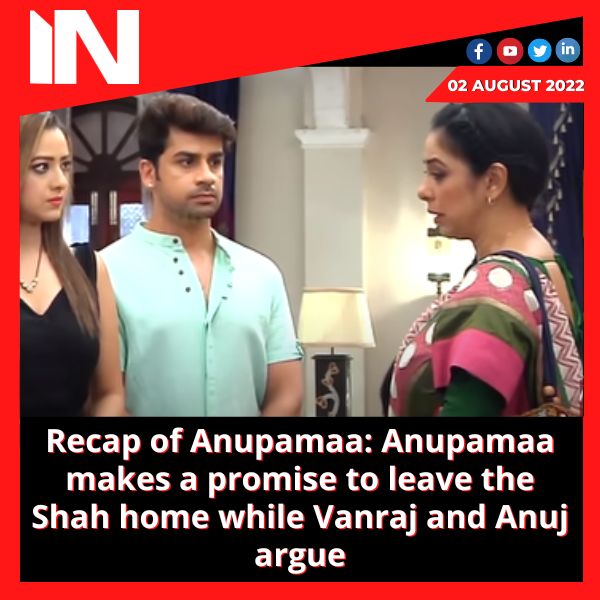







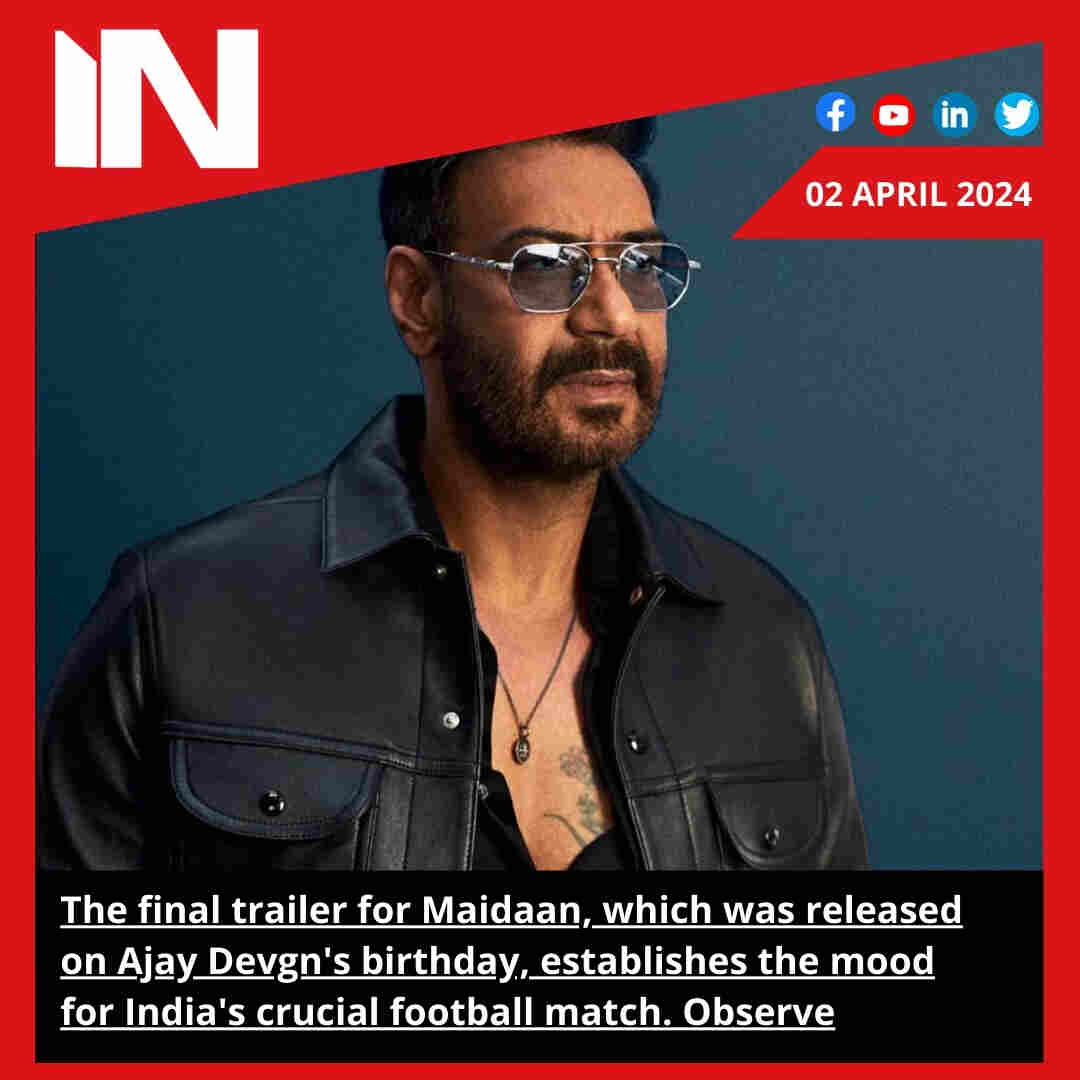

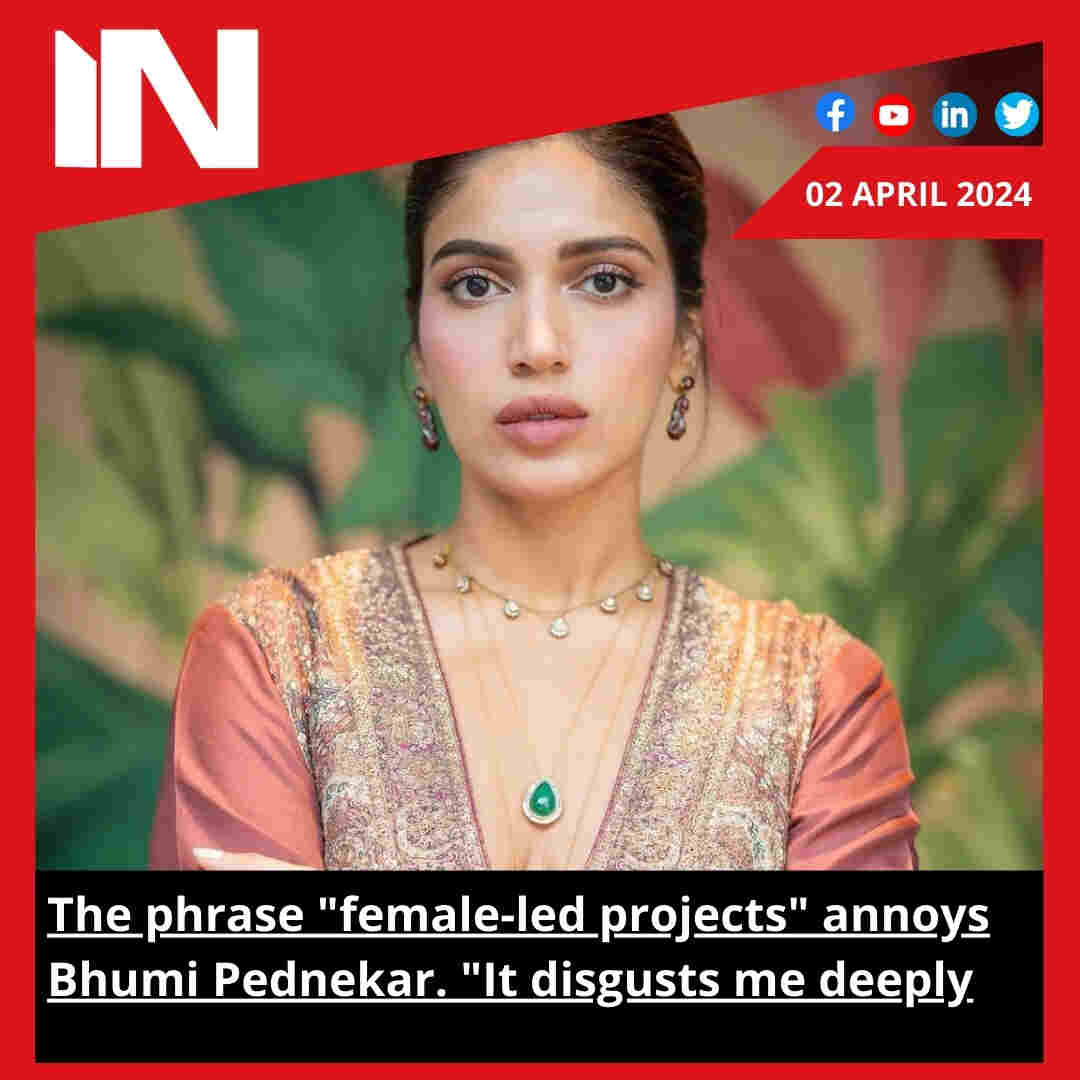
.jpg)
%20(1).jpg)
%20(1).jpg)
.jpg)
.jpg)
.jpg)
%20(1).jpg)





